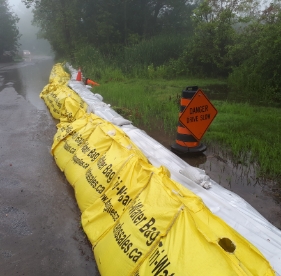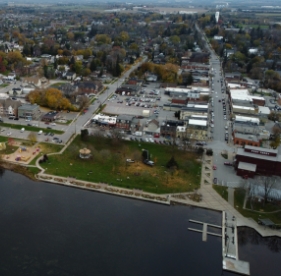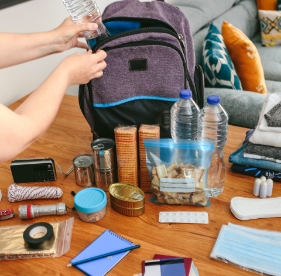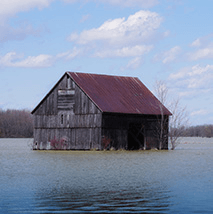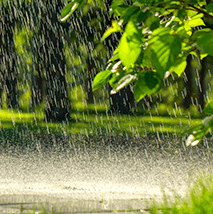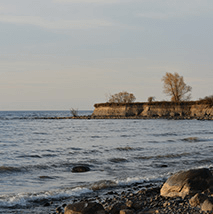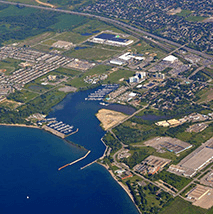
Durham Region is working with our partners to create a more flood resilient future and we want you to be a part of it! Flood Ready Durham is a hub to look for information on flooding and how we can work together.

Flood Resilient Durham
Durham Region is working with our partners to create a more flood resilient future and we want you to be a part of it! Flood Ready Durham is a hub to look for information on flooding and how we can work together.
Did you know?
94%
Canadians living in high-risk areas remain unaware of their flood risk
72 hours
In the event of an emergency, responders may be busy assisting those in immediate danger. Create a "72-hour kit" to support you and your family for up to three days in flood emergencies.
$43k
Estimates from the Insurance Bureau of Canada (IBC) on the average cost of a flooded basement.

What is flooding?
- Urban Flooding
Flooding doesn’t just happen near rivers and lakes. Stormwater runoff happens in our neighborhoods when there is more water than our drainage systems can handle and nowhere for it to go.
- Riverine
Fluvial or riverine flooding occurs when water courses, like streams and rivers, have very high water levels and are overflowing into their floodplains due to heavy rainfall or spring snow melt. This can cause damage to areas nearby and can be particularly harmful when critical access routes are blocked.
- Ice Jams
Flooding from rivers can also be caused or made worse by ice breaks and jams. These often occur in the spring time, causing rivers to back up and flood upstream.
- Shoreline
Residents that live close to shorelines like Lake Ontario may experience flooding due to storm surges, waves, and higher than normal lake levels.
- Groundwater
Heavy rainfall can cause underground water levels to rise above ground level
(1) and travel overland (2).
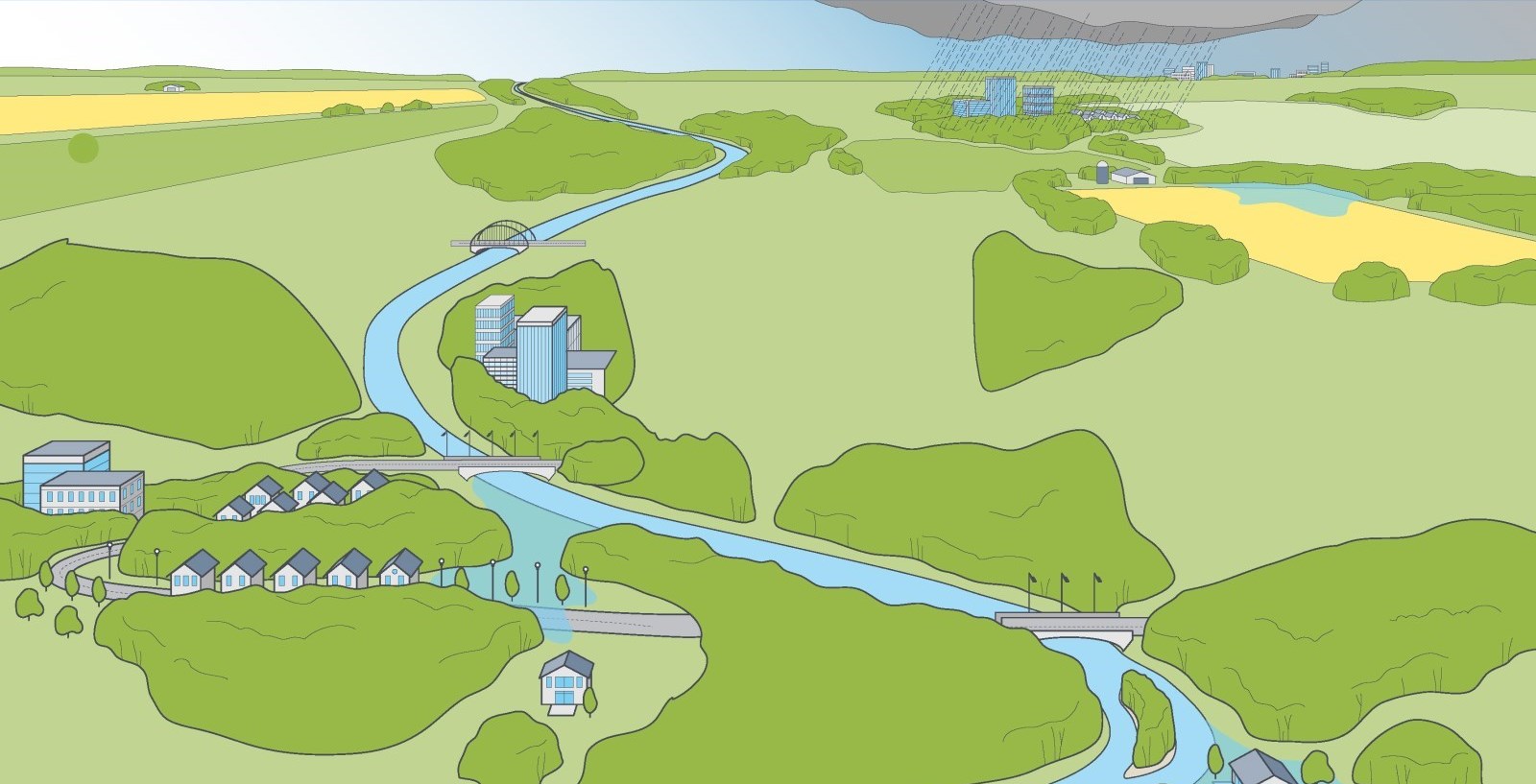
Flood Ready Journey
- Learn about Flooding
We can’t prepare for what we don’t know. To start your Flood Ready Journey, learn about different types of flooding and how flood risk is managed in the Region of Durham.
- Learn where flooding could happen
We can learn about where flooding has occurred in the past and where water may go in future floods. Conservation authorities use floodplain mapping to understand where riverine flooding may occur. Local area municipalities also look at flooding in our communities and how infrastructure like storm sewers and stormwater management ponds will respond to flooding.
- Know when flooding is expected
Flooding can happen anywhere and at any time of year. You can sign up for flood forecasting and warning programs with your local conservation authority and monitor local weather for storms. Follow local conservation authorities, Region of Durham, and your municipality on social media for alerts.
- Make a plan to be flood ready
There are many steps you can take to get ready for floods before they happen. This can start with creating an emergency plan and discussing with your family, friends, and neighbours and have a 72-hour emergency kit.
- Stay informed on flood ready initiatives
The Region of Durham, local area municipalities, conservation authorities, the province of Ontario, the Government of Canada, community leaders, businesses, and more are working to get flood ready.




